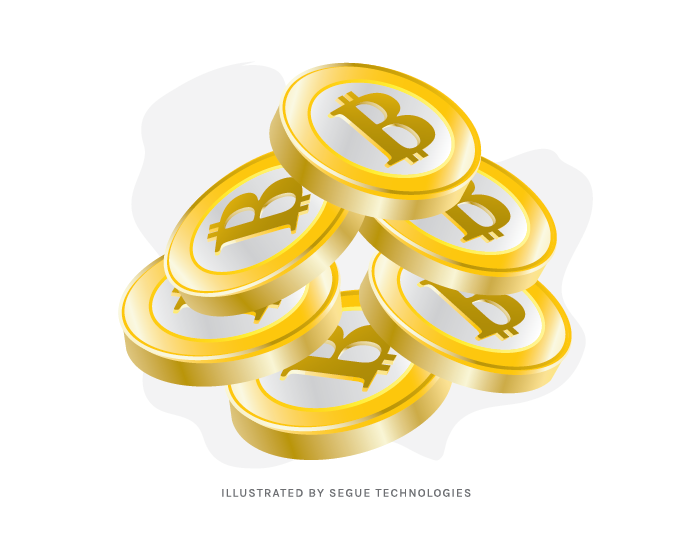As I explained in my first blog on this topic, bitcoin is a decentralized, completely digital currency. But the question arises, what are the advantages and disadvantages of using bitcoin either personally or for my business? In this post, I hope to point out the benefits of this unique virtual currency.
Advantages of Using BitCoin
Decentralized: As I mentioned in the last blog, bitcoin is a decentralized system, which means no one owns the bitcoin system. No one can create monetary policy or regulate the transactions within the system. This decentralizing also means that the users of the system ultimately determine the exchange value of a bitcoin. The entire value of the money supply is publically known, since every transaction log is part of every bitcoin user’s system. This allows the bitcoin system to be trusted because it is both secure and transparent.
Takes out the middle man: People can conduct business on the internet with one another without needing a third party middle man. With many retailers on the web, if you purchase an item like a book you must use a form of payment like credit card or e-check. These are representations of currency, but in order for the retailer to get actual currency it must use a payment processing company to convert your payment method to a usable form. For example: I buy a book on eBay from a user called “lotsofbooks”. In order to send me the book, I must pay them $20.00 via PayPal. I send the money to PayPal which in turn sends the money to “lotsofbooks.” Instead of $20.00, “lotsofbooks” may get $19.12 while Paypal gets $0.88. Whereas with bitcoin, I may purchase a book for 0.5 bitcoins directly from “lotsofbooks” and they receive it without having to go through a third party. A user may charge me a small fee or nothing at all for using bitcoin. This could save the seller a lot of money in lost transaction fees. There are bitcoin processors that will automatically convert bitcoins to a fiat currency, but these processing fees are typically a lot lower than a traditional credit card processor.
Global: Another interesting aspect of bitcoin is the fact that it is a truly global currency. If I want to transact with someone in Europe using traditional methods, I usually pay with a credit card that would then take my funds in U.S. dollars and convert them to euros at the best exchange rate for that day. With bitcoin, you need not worry about a third-party determining exchange rates because you are paying with a single bitcoin currency.
Privacy and Security: While the government can freeze your bank account and cut you off from your funds, it is impossible for anyone to freeze your bitcoin funds. Since bitcoin uses cryptography as protection, it only enables you, the owner of your private key, to have access to your funds. Of course, if you give up your private key, then anyone with access to that key would have access to your funds.
Permanent Transactions: There is a huge business benefit to accepting bitcoin transactions. Not only are these transactions secure, they are also permanent and unalterable. This protects merchants from incurring losses because of fraud. Since fraud is impossible in this system, there is also no ability for a business to get hit with a chargeback. This allows a business to operate with lower administrative costs ultimately saving the customer money as well. Markets that seemed impenetrable because of higher fraud rates or lack of credit cards can now be opened to these businesses.
As you can see there are many advantages to using the bitcoin system. However, there are also some disadvantages that you can find out about in my next post: “Bitcoin Part 3: The Pitfalls of Bitcoin”.



